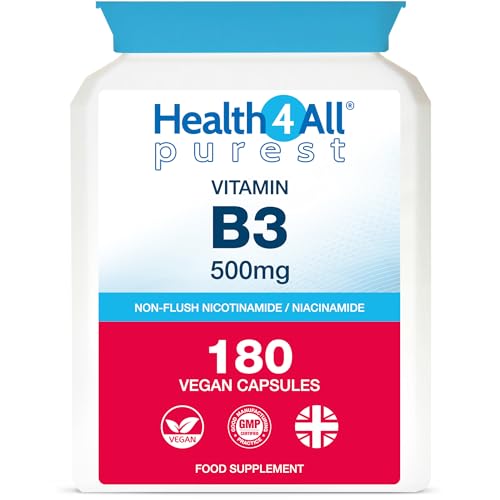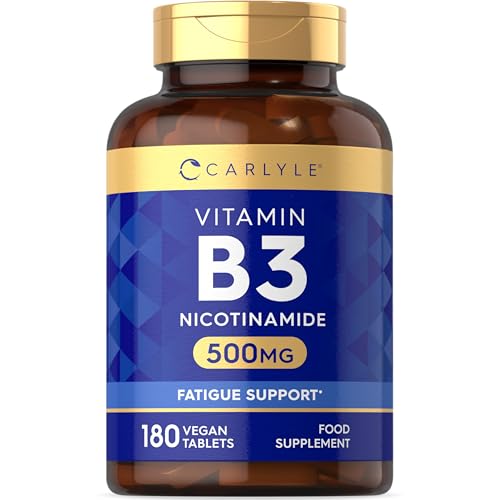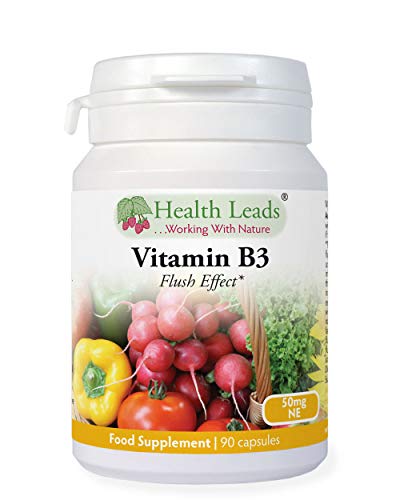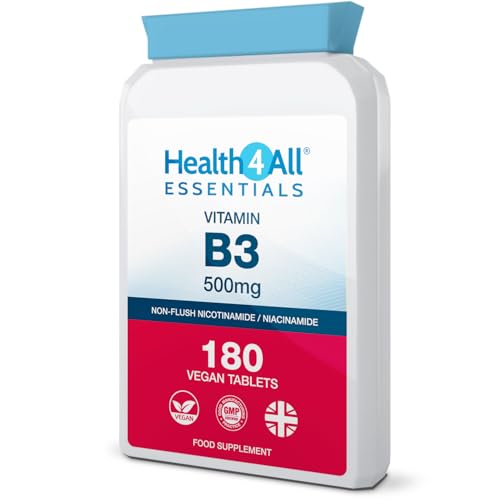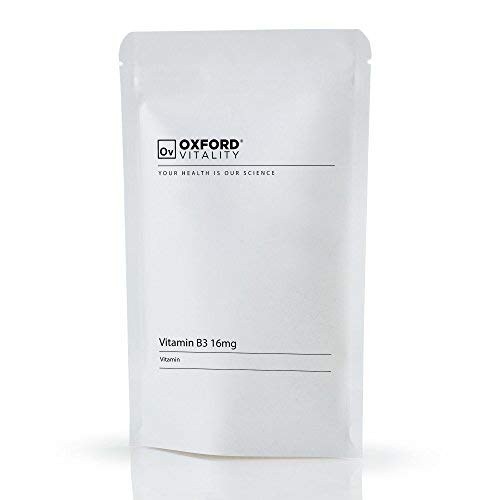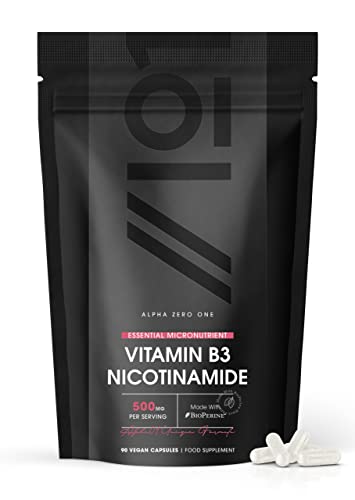What is Vitamin B3 and Why Do We Need It?
Understanding Vitamin B3
Vitamin B3, also known as niacin, is an essential nutrient that plays a crucial role in our overall health. It contributes to the conversion of food into energy, helping us to maintain healthy metabolism and synthesise fatty acids and cholesterol. This vitamin is vital for the functioning of our digestive system, skin health, and nervous system. Deficiency in Vitamin B3 can lead to symptoms such as fatigue, irritability, and in severe cases, pellagra, which is associated with dermatitis, diarrhoea, and dementia.
Why We Need Vitamin B3
Incorporating adequate amounts of Vitamin B3 in our diets or through supplements ensures that our body functions optimally. It helps support brain health, mood regulation, and skin vitality. Additionally, Vitamin B3 can improve circulation and may even assist in lowering cholesterol levels, making it a beneficial addition to our nutritional regimen.
Different Forms of Vitamin B3: Niacin vs Niacinamide
The Two Main Forms of B3
Vitamin B3 is available in two primary forms: niacin and niacinamide. Niacin, also known as nicotinic acid, is often associated with flushing, a common side effect where the skin becomes red and warm. This occurs because niacin expands blood vessels, which can be beneficial for circulation but may be uncomfortable for some individuals. On the other hand, niacinamide, also known as nicotinamide, does not cause flushing and is often preferred for those wanting to avoid this reaction.
Choosing Between the Two
If you’re looking to manage cholesterol levels or improve cardiovascular health, niacin might be more suitable due to its effects on blood circulation. Conversely, if you’re considering Vitamin B3 for its skin benefits or prefer a supplement without the flushing, niacinamide is the better option. Both forms are effective, but understanding their distinct properties will help you tailor your choice to your specific health goals.
Choosing the Right Vitamin B3 Supplement for Your Needs
Understanding Your Health Goals
When selecting a Vitamin B3 supplement, the first step is recognising your health goals. Are you aiming to reduce cholesterol levels, improve skin health, or perhaps enhance your overall energy levels? For cholesterol management, look for a niacin formulation, while for skin improvement, a niacinamide supplement would be more appropriate.
Evaluating Quality and Ingredients
Always check the label for quality indicators. Look for supplements that contain minimal added ingredients or fillers, focusing on purity and potency. Products with third-party testing often ensure that you are receiving a supplement that meets high-quality standards, which adds an extra layer of reassurance in your choice.
How to Incorporate Vitamin B3 into Your Daily Routine
Easy Integration into Meals
Vitamin B3 can be found in various foods, making it easier to incorporate it into our diets. Foods rich in niacin include poultry, fish, whole grains, and legumes. Aim to select meals that feature these ingredients, or you may choose to add a supplement if dietary intake may be insufficient.
Establishing a Routine
If opting for a Vitamin B3 supplement, consider taking it at the same time each day to create a routine. Integrating it with a daily habit, such as during breakfast or with your evening meal, can help streamline the process and ensure you don’t forget to take it.
Understanding Dosage: How Much Vitamin B3 Should We Take?
Recommended Daily Allowance
The recommended daily allowance (RDA) for Vitamin B3 varies based on age, sex, and life stage. Generally, adult males require about 16 mg per day, while adult females need about 14 mg. If you’re pregnant or breastfeeding, those numbers may increase slightly.
Listening to Your Body
It’s essential to listen to your body when introducing any supplement into your routine. If you experience any adverse effects, such as excessive flushing or gastrointestinal upset, consider reducing the dosage or switching forms from niacin to niacinamide. Consulting a healthcare professional can also help tailor your dosage to fit individual needs better.

